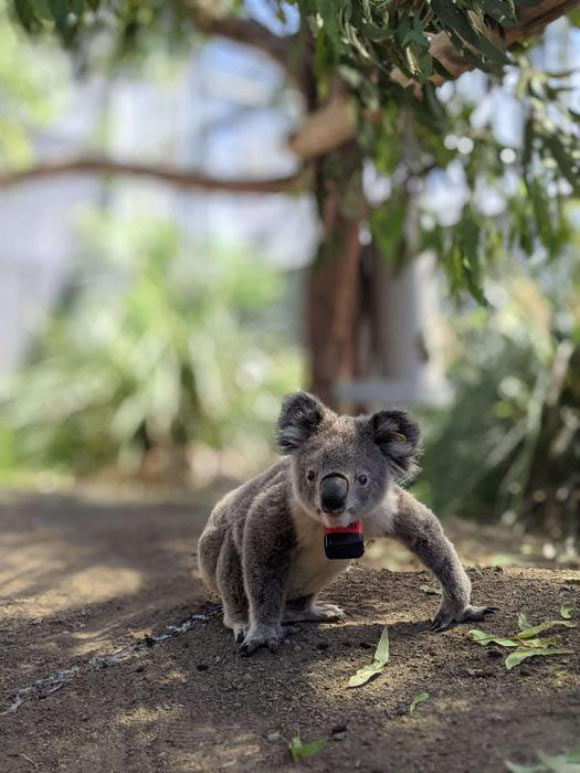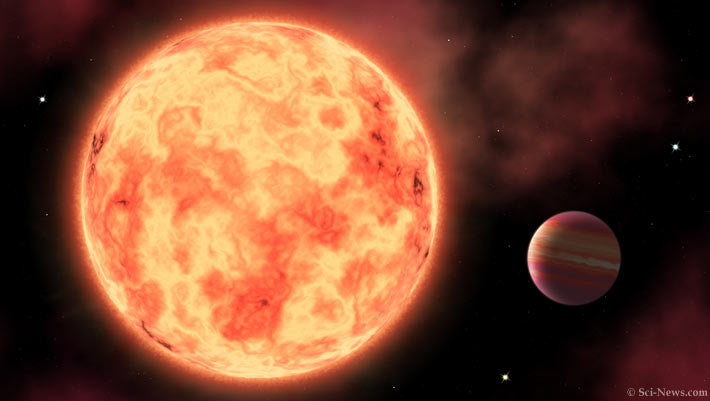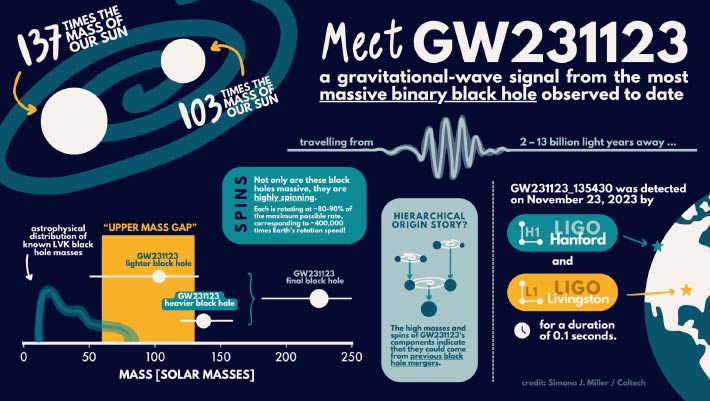Now Reading: Koalas Spend 99% of Their Lives in Trees, Study Finds
-
01
Koalas Spend 99% of Their Lives in Trees, Study Finds
Koalas Spend 99% of Their Lives in Trees, Study Finds

swift Summary
- Research by the University of Queensland and the University of the Sunshine Coast reveals that koalas spend only about 10 minutes per day on the ground.
- Despite this minimal ground-time, two-thirds of recorded koala deaths are linked to it due to vehicle strikes and dog attacks.
- Koala populations in Australia have dropped by 54% over three decades amidst challenges like habitat loss and disease.
- researchers used accelerometers and high-resolution GPS devices on 10 wild koalas for eight days to study fine-scale movements during ground travel.
- Key findings: Koalas travel an average distance of 260 m per visit, walking at 1.7 km/h with occasional bounding at speeds up to 10.4 km/h; they often pause or assess their environment before moving between trees.
- The study aims to influence conservation strategies such as improving canopy connectivity, reducing gaps between safe trees, and prioritizing vegetation types that encourage tree-dwelling behavior among koalas.
- Results were presented at the Society for Experimental Biology Annual Conference in Antwerp,Belgium on July 1,2025.
indian Opinion Analysis
The findings underscore a significant challenge in wildlife conservation: how human activities like land clearance disrupt natural behaviors-in this case forcing a primarily arboreal species into vulnerable ground movements leading to fatalities caused by vehicles or predators. For India-home to diverse but threatened wildlife-this highlights parallels where habitat fragmentation has placed iconic species at risk (e.g., elephants crossing highways). Investing in targeted measures like maintaining ecological connectivity or creating “safe zones” could greatly reduce such risks.
This research also showcases how technology aids precise animal behavior studies, providing actionable data for habitat management-a lesson Indian scientists can leverage when addressing challenges related to tracking movement patterns among endangered fauna (e.g., tigers). maintaining biodiversity amid urban encroachment is both science-driven and urgent globally.

























